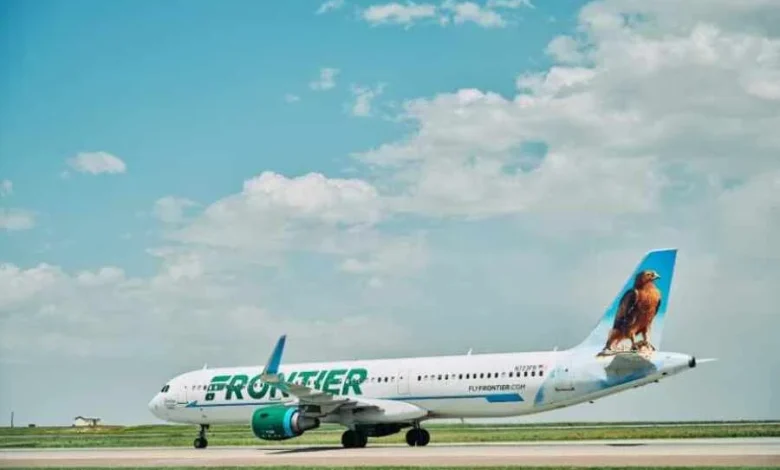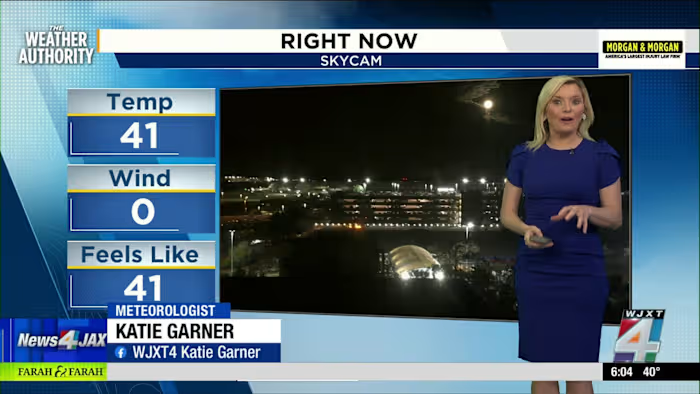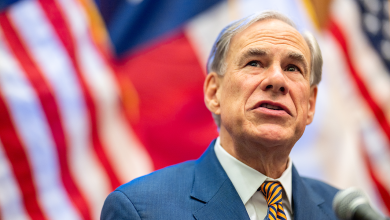Frontier Airlines Flight 3546 Airbus A320 from Luis Muñoz Marín Puerto Rico Makes Emergency Landing at JFK After Engine Issue, New Travel Nightmare at John F. Kennedy International Airport—The Shocking Reason Your Next Flight Could Be Grounded

Published on
October 30, 2025
By: Tuhin Sarkar
Frontier Airlines Flight 3546, an Airbus A320, was forced to make an emergency landing at John F. Kennedy International Airport (JFK) after experiencing an engine issue during its flight from Luis Muñoz Marín Airport in Puerto Rico. This emergency landing has sparked a new travel nightmare for passengers at JFK, adding to the ongoing challenges already plaguing air travel across the United States. The incident, which occurred on Thursday around 12:45 p.m., has sent shockwaves through the travel community, highlighting just how vulnerable air travel can be.
The Airbus A320 safely landed, but the engine issue caused significant delays at JFK, triggering a ripple effect on numerous flights, causing chaos in the already crowded airport. The nature of the engine problem has not yet been fully explained, leaving many travelers anxious about the safety of their own flights. This unexpected emergency landing, combined with bad weather conditions, led to a complete halt in flight operations for a period. Inbound flights were delayed by more than three hours, and outbound flights also faced delays of up to an hour due to low clouds and visibility issues.
As this latest crisis unfolds, Travel And Tour World urges readers to stay informed and read the entire story to understand how these events may affect your next flight. From delays to cancellations, this incident is a clear warning that the future of air travel may be more uncertain than ever before. Keep reading to find out what you need to know to avoid being caught in the chaos.
Travelers flying through John F. Kennedy International Airport (JFK) are bracing for significant disruptions after an engine issue on Frontier Airlines Flight 3546 prompted a ground stop on Thursday. This incident, which occurred around 12:45 p.m., has caused extensive delays, exacerbated by already challenging weather conditions. The Airbus A320 had safely landed at JFK after departing from Luis Muñoz Marín International Airport in Puerto Rico. While the exact nature of the engine problem remains unclear, the situation has intensified the ongoing air traffic issues. With the FAA’s investigation underway, passengers are experiencing delays of up to three and a half hours for inbound flights and an hour for departures.
The travel chaos unfolded as low clouds compounded the delays, already exacerbated by the weather. In addition to this situation, the FAA confirmed a related incident the previous day at Newark Liberty International Airport, where a ground stop had also been enforced due to staffing issues. The situation is a reminder of the persistent air traffic control concerns in the United States. Travelers at JFK can expect further delays, with inbound flights being held at their origin until 1:45 p.m. The FAA is closely monitoring the ongoing situation as it continues to investigate both the weather-related and technical issues at JFK.
JFK Ground Stop: A Day of Frustration for Travelers
The engine problem on Frontier Airlines Flight 3546 at JFK led to a cascade of flight disruptions. A ground stop was ordered, with all inbound flights initially held at their originating airports until 1:45 p.m. The nature of the issue with the aircraft’s engine is still under investigation by the FAA. Meanwhile, bad weather compounded the situation, causing low cloud coverage that delayed inbound flights by about three and a half hours. Departures also faced delays of up to an hour due to the poor visibility and weather conditions. While the aircraft landed safely, the ripple effects of this incident are still being felt across the airport.
This disruption follows closely on the heels of another ground stop just the day before at Newark Liberty International Airport, highlighting the increasing strain on U.S. airports. Staffing problems were cited as the cause for that shutdown, contributing to the growing concerns over air traffic control. Passengers flying out of JFK and Newark International airports have faced a turbulent experience in recent days. The delays caused by weather issues and the technical problems on Frontier Airlines Flight 3546 continue to affect flight schedules, prompting widespread frustration among travelers.
Weather-Related Delays Add to the Pressure
As if the engine issues weren’t enough, weather conditions at JFK also contributed significantly to the delays. Low cloud cover created visibility issues, resulting in inbound flights being delayed by approximately three and a half hours. Departing flights were not spared either, with weather-related delays adding up to an hour. These disruptions are becoming all too familiar for travelers navigating the challenges at major airports. With storms and poor weather conditions often causing delays, passengers are left to cope with the uncertainty and frustration that come with frequent flight disruptions.
Airlines operating at JFK have been doing their best to accommodate affected passengers, though the delays are undeniably widespread. While the airport authorities continue to manage the situation, the combination of technical problems and bad weather has led to a sense of growing anxiety. The FAA has confirmed that its investigation into the engine issue on Frontier Airlines Flight 3546 is ongoing, with no further updates provided yet. Travelers have been advised to check the status of their flights frequently, as the delays are expected to continue into the day.
Air Traffic Control Issues: A Persistent Challenge for U.S. Airports
The grounding of flights at both JFK and Newark Liberty International Airport highlights a recurring problem with air traffic control staffing. The previous day’s incident at Newark was attributed to staffing shortages, a worrying issue that has been raised repeatedly in recent months. The delays at JFK, although weather-related, also underscore the strain on air traffic control systems, which continue to struggle with increasing passenger numbers and operational challenges. These persistent issues have raised concerns about the overall resilience of U.S. airports, particularly in high-traffic hubs like JFK and Newark.
Staffing issues and operational disruptions have created a domino effect, causing cascading delays across the nation’s airspace. The FAA is under pressure to address these concerns swiftly, as air traffic control plays a crucial role in ensuring the smooth operation of U.S. airports. While these issues may seem isolated to specific incidents, they reflect deeper structural problems within the air traffic control system. As delays continue to mount, travelers are left questioning whether more comprehensive reforms are needed to avoid further disruptions in the future.
The Ripple Effects of JFK’s Ground Stop: Impact on Other Flights
The ground stop at JFK due to the engine issue on Frontier Airlines Flight 3546 has caused a significant ripple effect, impacting numerous other flights. With inbound flights held at their origin, passengers bound for JFK experienced delays, causing frustration at various airports. These delays also led to cascading disruptions in flight schedules, with some passengers facing further inconveniences as their connecting flights were impacted. For many travelers, this is just another example of how fragile air travel has become amid ongoing challenges with air traffic control and operational disruptions.
While JFK is working to clear the backlog of delayed flights, the effects of the engine issue and weather-related delays continue to disrupt the flow of air traffic. Passengers should expect further delays as the FAA works to resolve the situation. The ripple effect is being felt across multiple airports, with travelers facing longer wait times and uncertainty about when their flights will depart. As the situation evolves, passengers are urged to stay updated on their flight status and be prepared for continued delays.
The Ongoing Strain on U.S. Airports and Airlines
The incident at JFK, involving an engine issue on Frontier Airlines Flight 3546, coupled with bad weather conditions, highlights the ongoing strain on U.S. airports and airlines. Passengers continue to deal with flight cancellations, delays, and unpredictable situations that make air travel increasingly difficult. The FAA’s investigation into the engine issue is still ongoing, and there are no immediate answers regarding what caused the problem. Meanwhile, air traffic control issues persist, adding to the challenges faced by both airports and travelers.
With air traffic control staffing shortages and frequent weather disruptions, U.S. airports like JFK and Newark are under increasing pressure. As airlines continue to face operational challenges, passengers are left to navigate the uncertainty that comes with flight delays and cancellations. The situation is far from resolved, and travelers should remain vigilant in checking flight statuses and preparing for possible delays. As air travel becomes more unpredictable, the need for reform in the air traffic control system is becoming more urgent.





